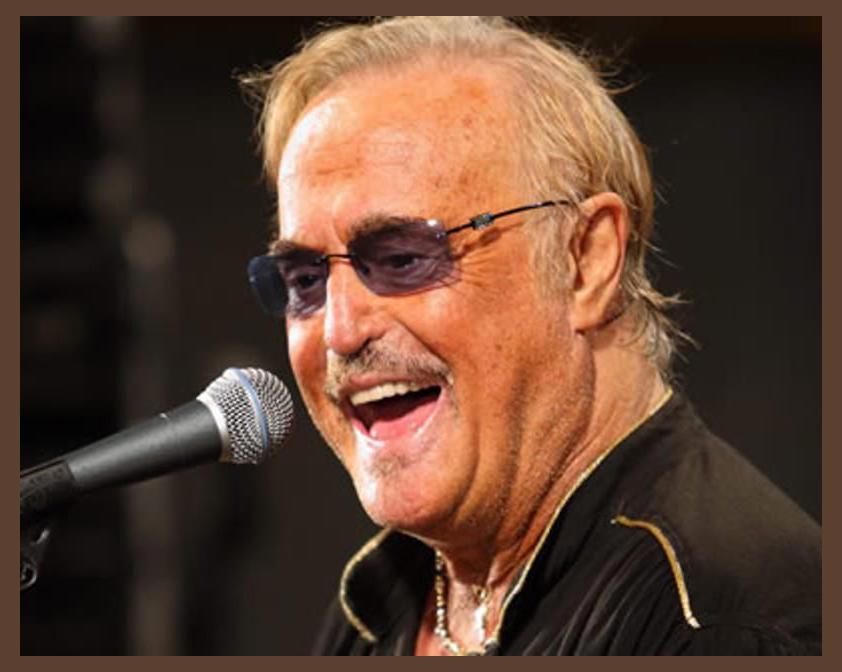 Franco Califano
Franco Califano
Franco Califano: A Journey of Love, Profanity, and Profound Poetry
In the annals of Italian music, Franco Califano stands as an enigmatic and captivating figure, whose songs have touched the hearts of countless and sparked both admiration and controversy.
Birth and Early Influences
Born in Rome on September 14, 1938, Franco Califano's childhood was marked by poverty and instability. His early musical influences were diverse, ranging from Italian traditional folk to French chanson.
Challenges and Controversies
Califano's life was a tumultuous one, filled with challenges and controversies. He struggled with addiction, which led to legal troubles and periods of incarceration. His lyrics, known for their raw honesty and explicit language, often drew the ire of critics and censors.
Love, Profanity, and Sacred Themes
Despite his personal demons, Califano's music was a testament to his deep understanding of human nature. His songs explored themes of love, desire, and redemption, often intermingling the sacred and profane in a thought-provoking manner. His most famous song, "Amore Sacro, Amor Profano" (Sacred Love, Profane Love), is a poignant ballad that captures the complexities of both earthly and divine affection.
Discography
Over the course of his career, Califano released over 20 studio albums, including:
* "Tac" (1970)
* "Califano" (1971)
* "Io" (1977)
* "Ti perdo" (1981)
* "Il tempo se ne va" (1986)
* "Ancora vivo" (2009)
Members
While Califano was primarily a solo artist, he often collaborated with other musicians throughout his career. Some of his most notable collaborators include:
* Mia Martini
* Edoardo Bennato
* Ornella Vanoni
* Patty Pravo
Legacy
Franco Califano died on March 30, 2013, leaving behind a rich legacy of music and poetry. His songs continue to resonate with audiences today, earning him a place among the most influential and revered Italian songwriters of all time. Despite his struggles and controversies, Califano's music remains a testament to the power of human emotions, the fragility of love, and the enduring search for redemption.
In the annals of Italian music, Franco Califano stands as an enigmatic and captivating figure, whose songs have touched the hearts of countless and sparked both admiration and controversy.
Birth and Early Influences
Born in Rome on September 14, 1938, Franco Califano's childhood was marked by poverty and instability. His early musical influences were diverse, ranging from Italian traditional folk to French chanson.
Challenges and Controversies
Califano's life was a tumultuous one, filled with challenges and controversies. He struggled with addiction, which led to legal troubles and periods of incarceration. His lyrics, known for their raw honesty and explicit language, often drew the ire of critics and censors.
Love, Profanity, and Sacred Themes
Despite his personal demons, Califano's music was a testament to his deep understanding of human nature. His songs explored themes of love, desire, and redemption, often intermingling the sacred and profane in a thought-provoking manner. His most famous song, "Amore Sacro, Amor Profano" (Sacred Love, Profane Love), is a poignant ballad that captures the complexities of both earthly and divine affection.
Discography
Over the course of his career, Califano released over 20 studio albums, including:
* "Tac" (1970)
* "Califano" (1971)
* "Io" (1977)
* "Ti perdo" (1981)
* "Il tempo se ne va" (1986)
* "Ancora vivo" (2009)
Members
While Califano was primarily a solo artist, he often collaborated with other musicians throughout his career. Some of his most notable collaborators include:
* Mia Martini
* Edoardo Bennato
* Ornella Vanoni
* Patty Pravo
Legacy
Franco Califano died on March 30, 2013, leaving behind a rich legacy of music and poetry. His songs continue to resonate with audiences today, earning him a place among the most influential and revered Italian songwriters of all time. Despite his struggles and controversies, Califano's music remains a testament to the power of human emotions, the fragility of love, and the enduring search for redemption.